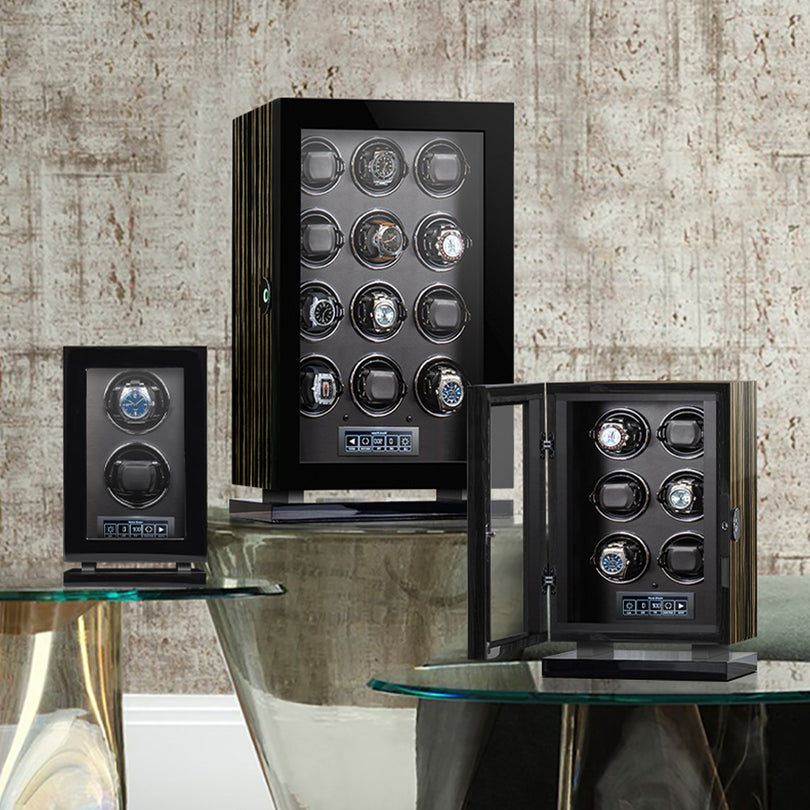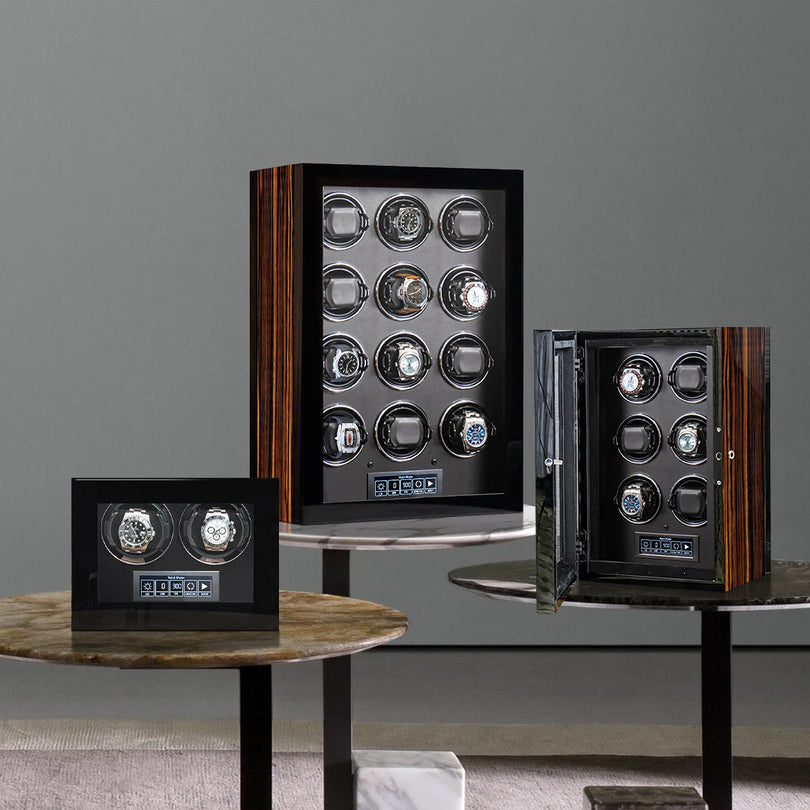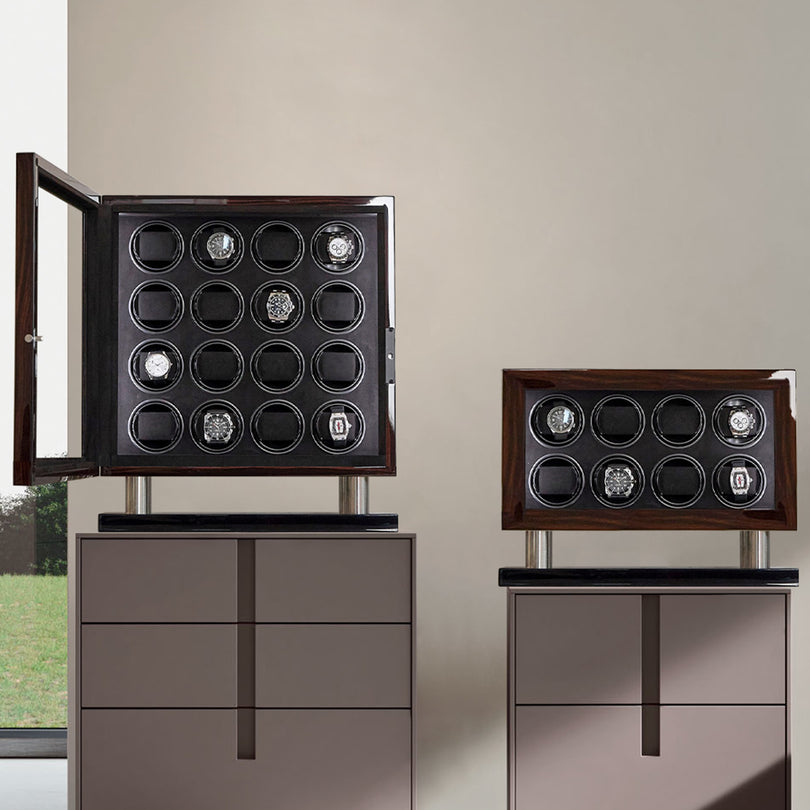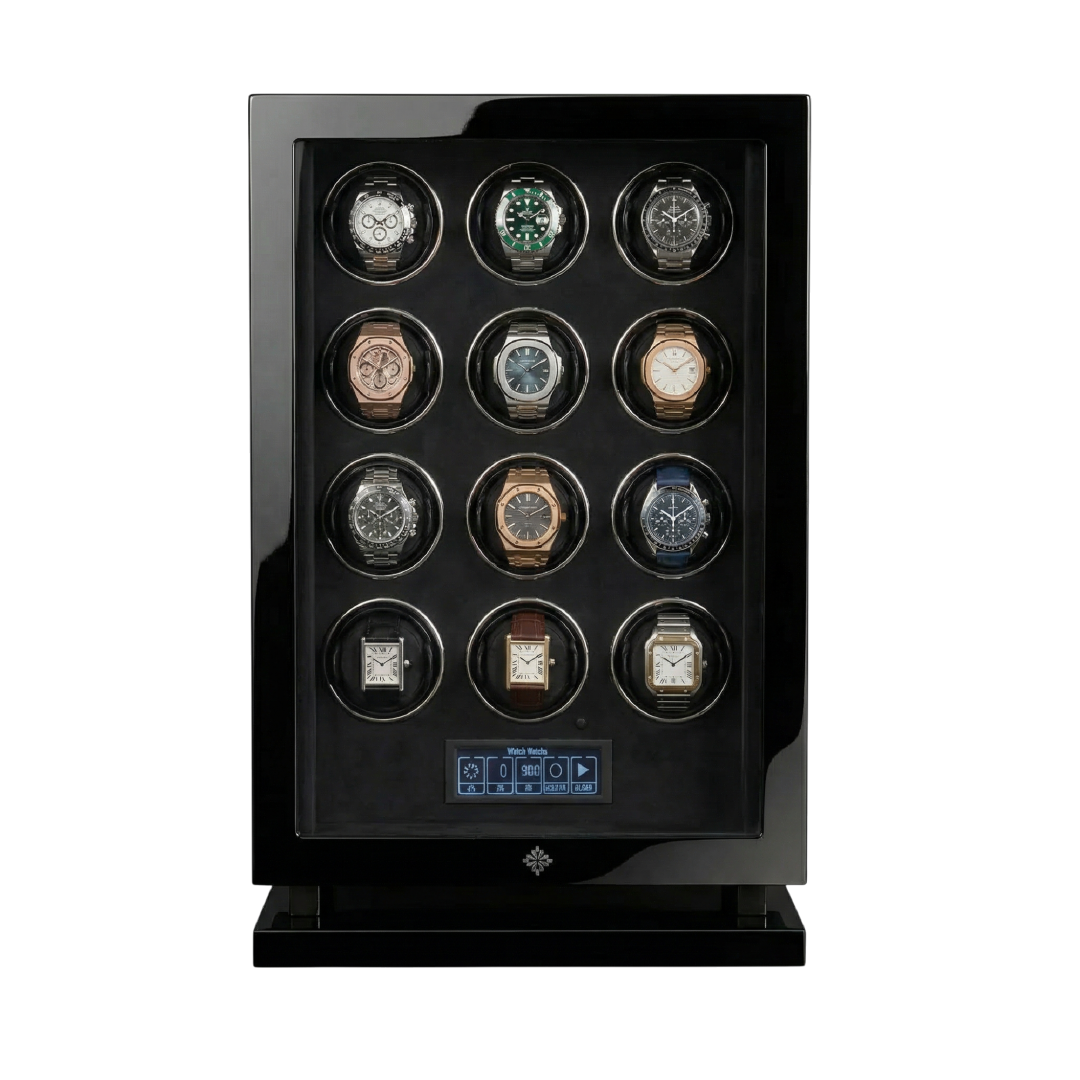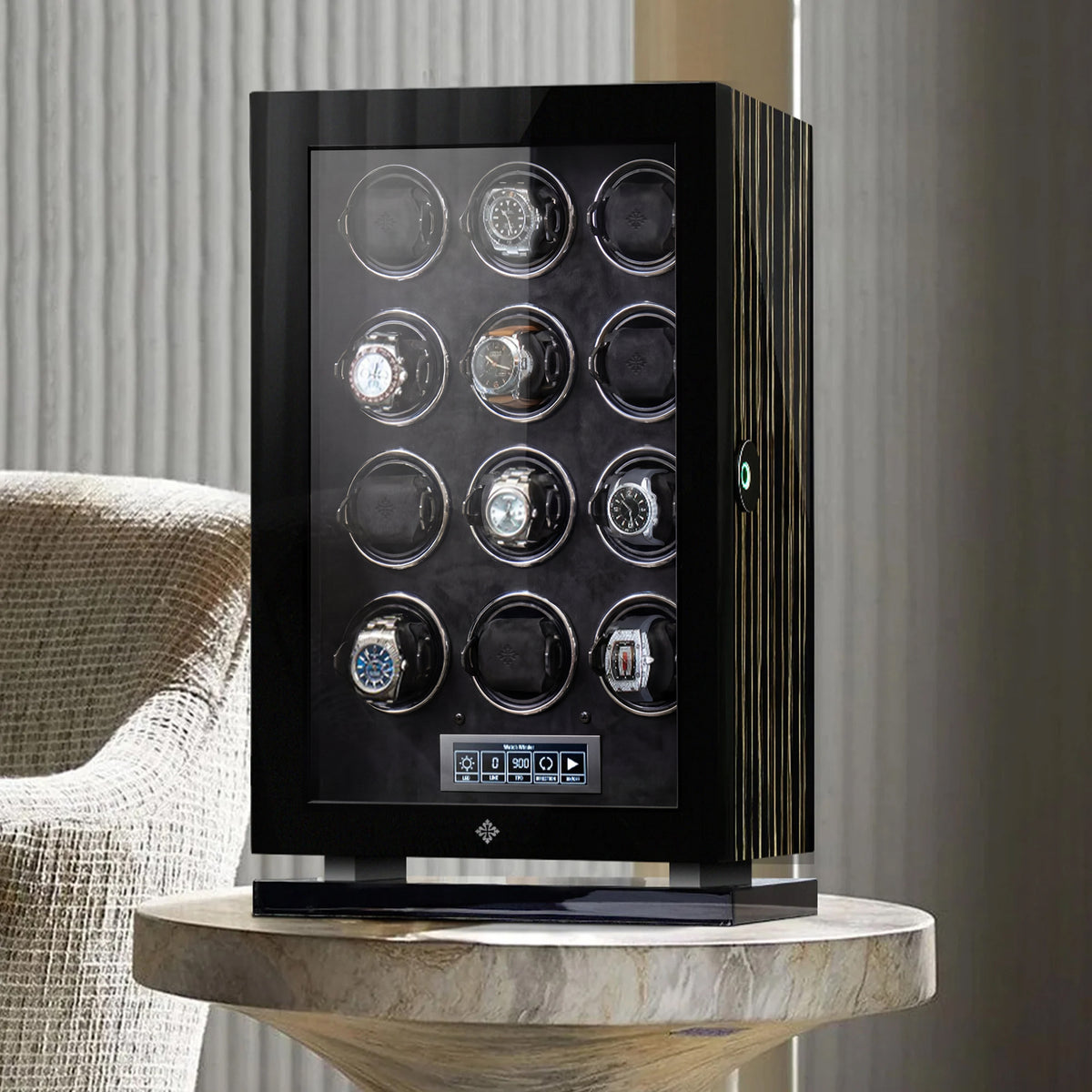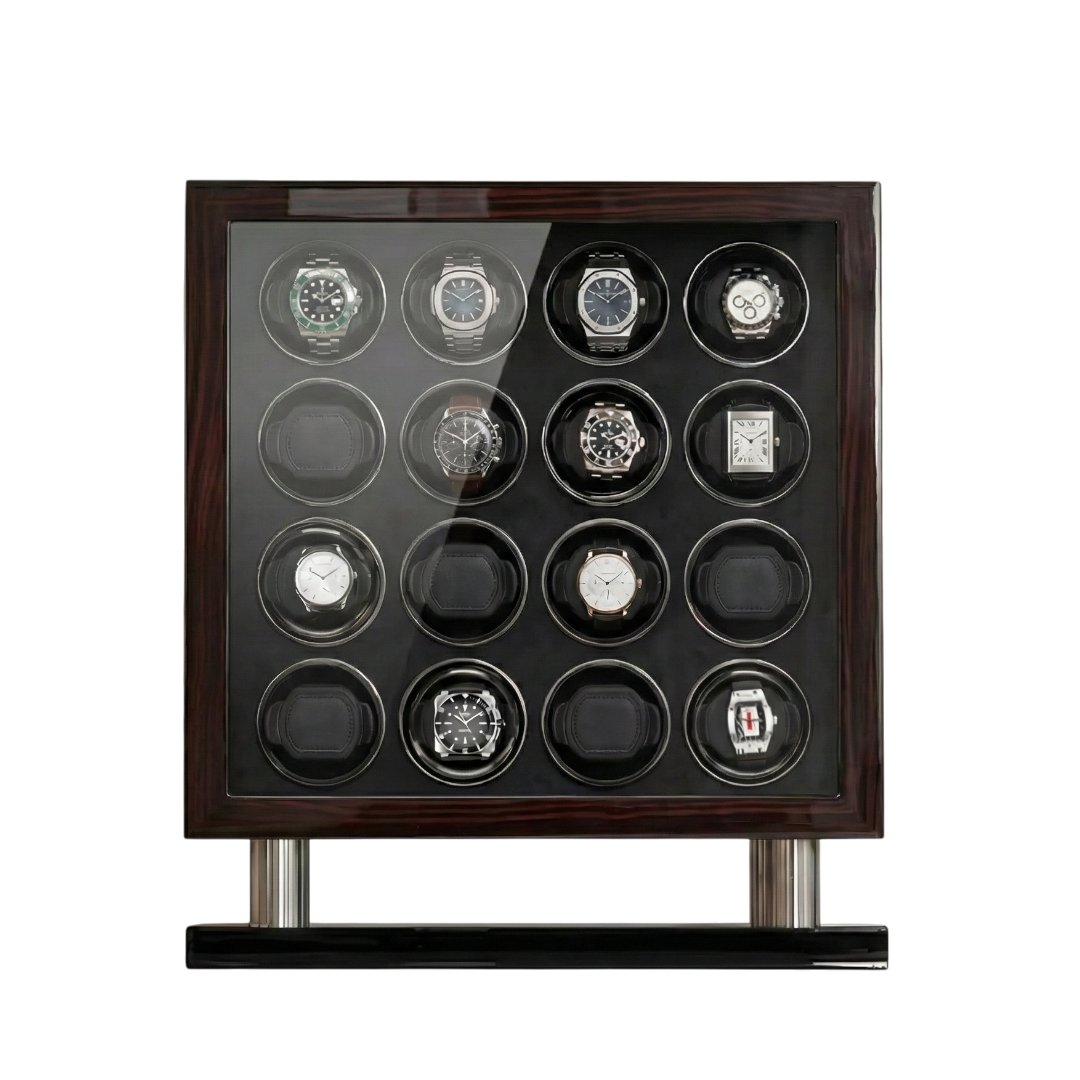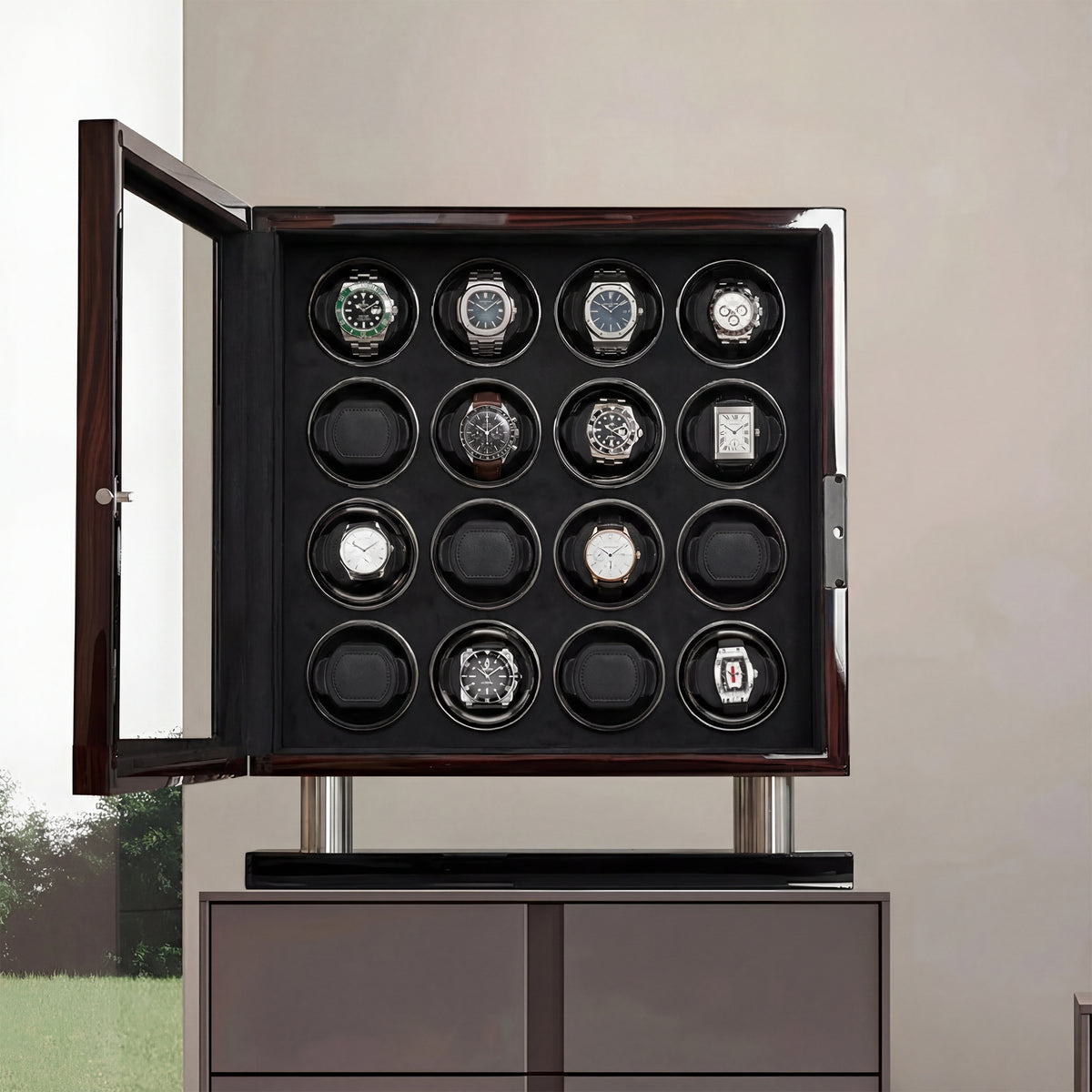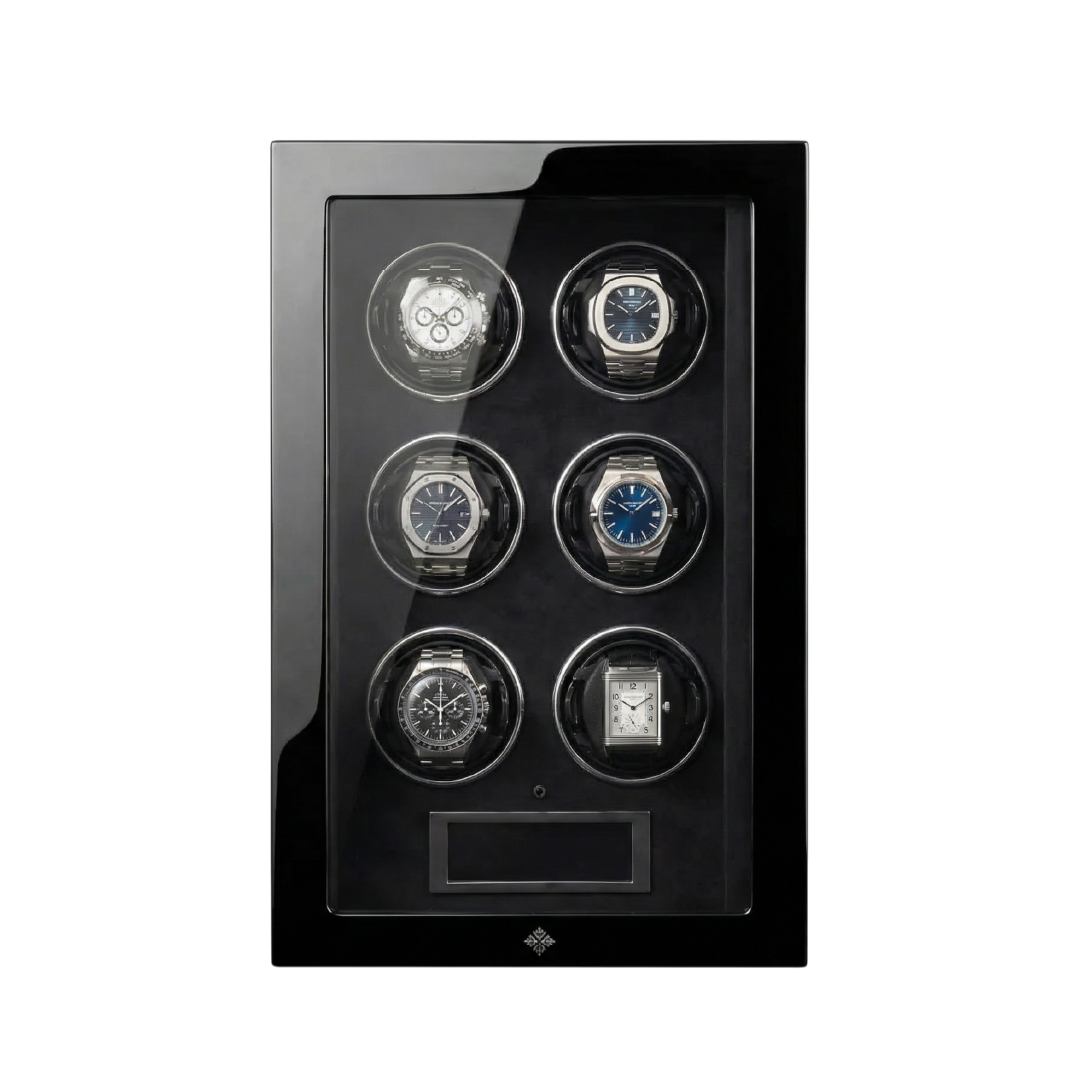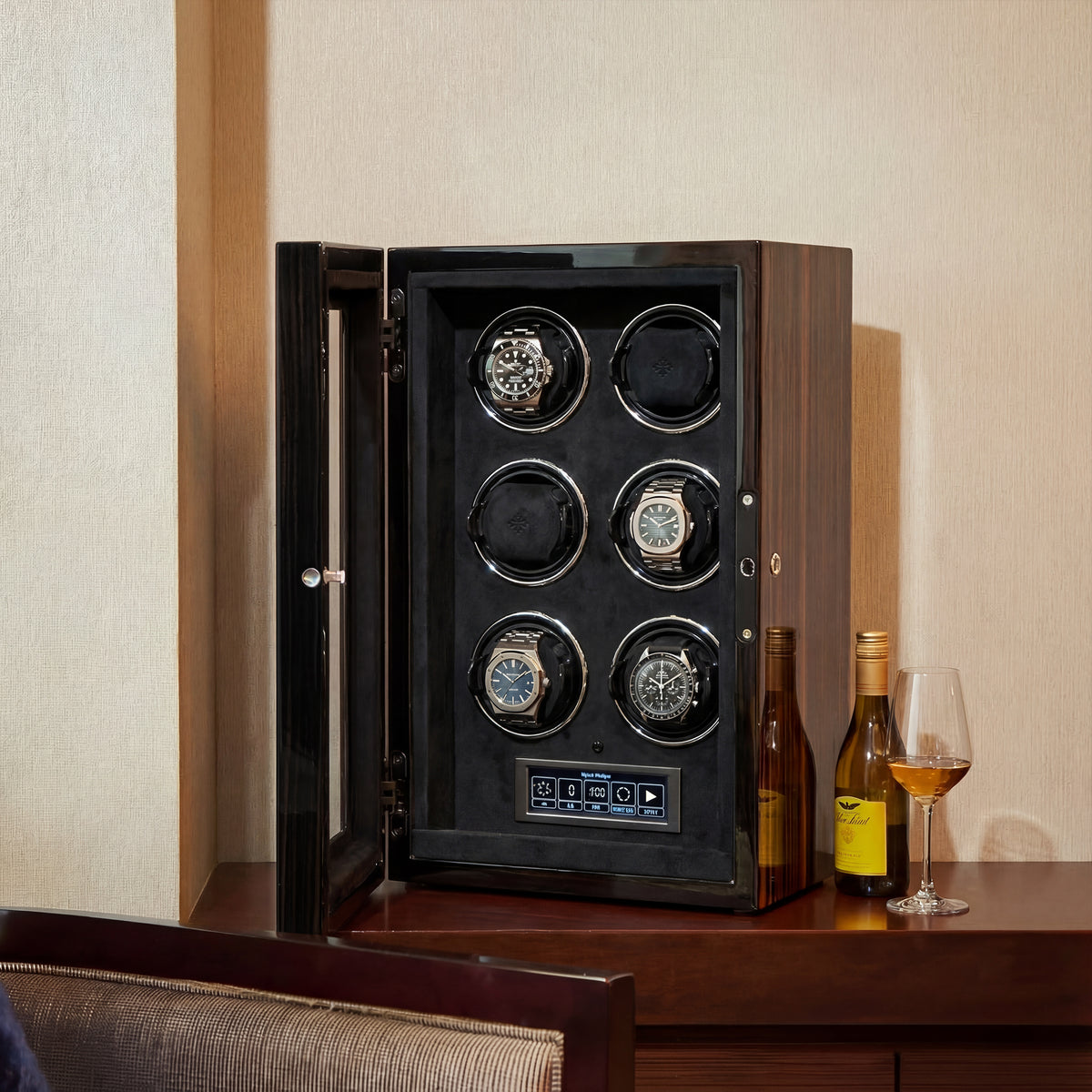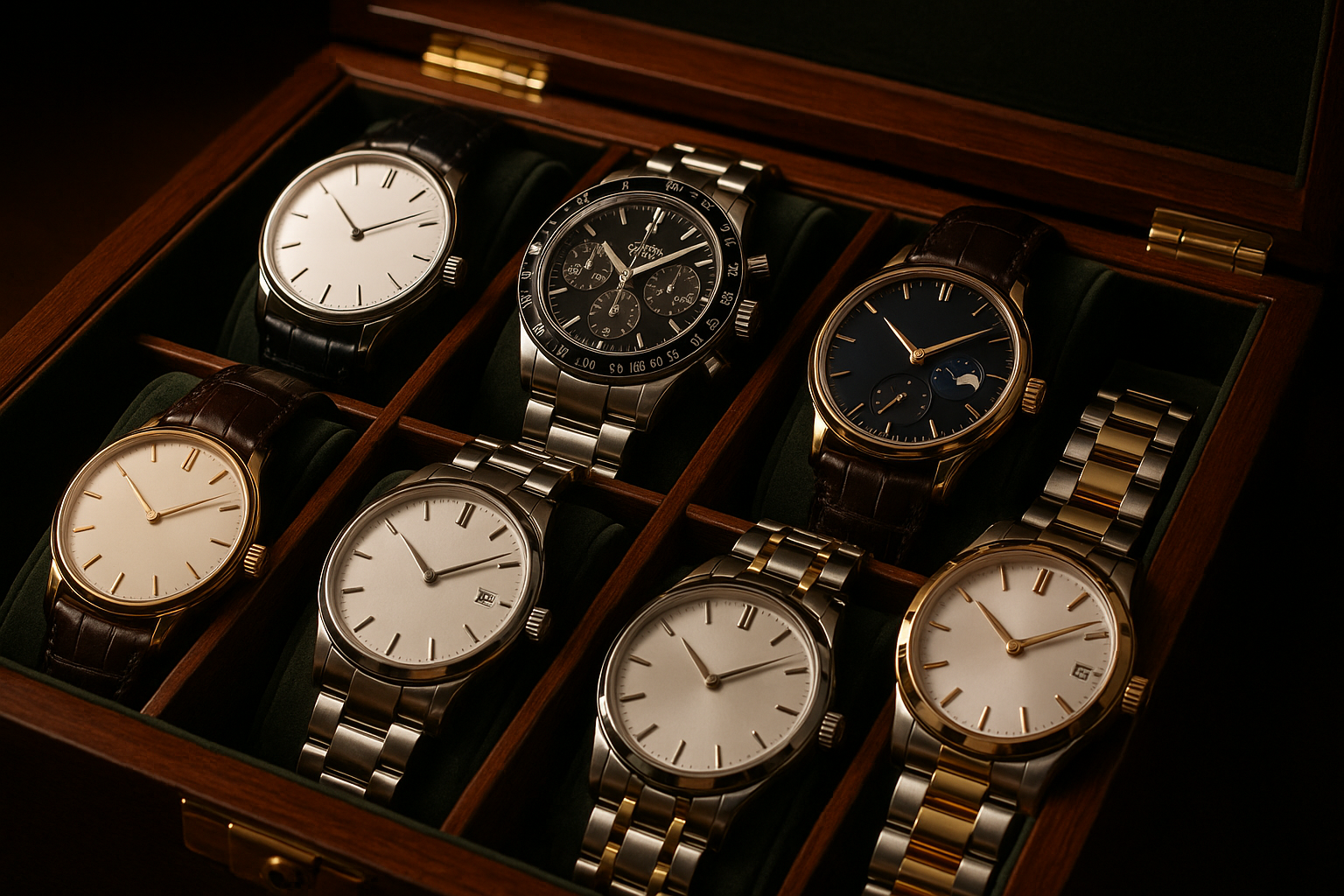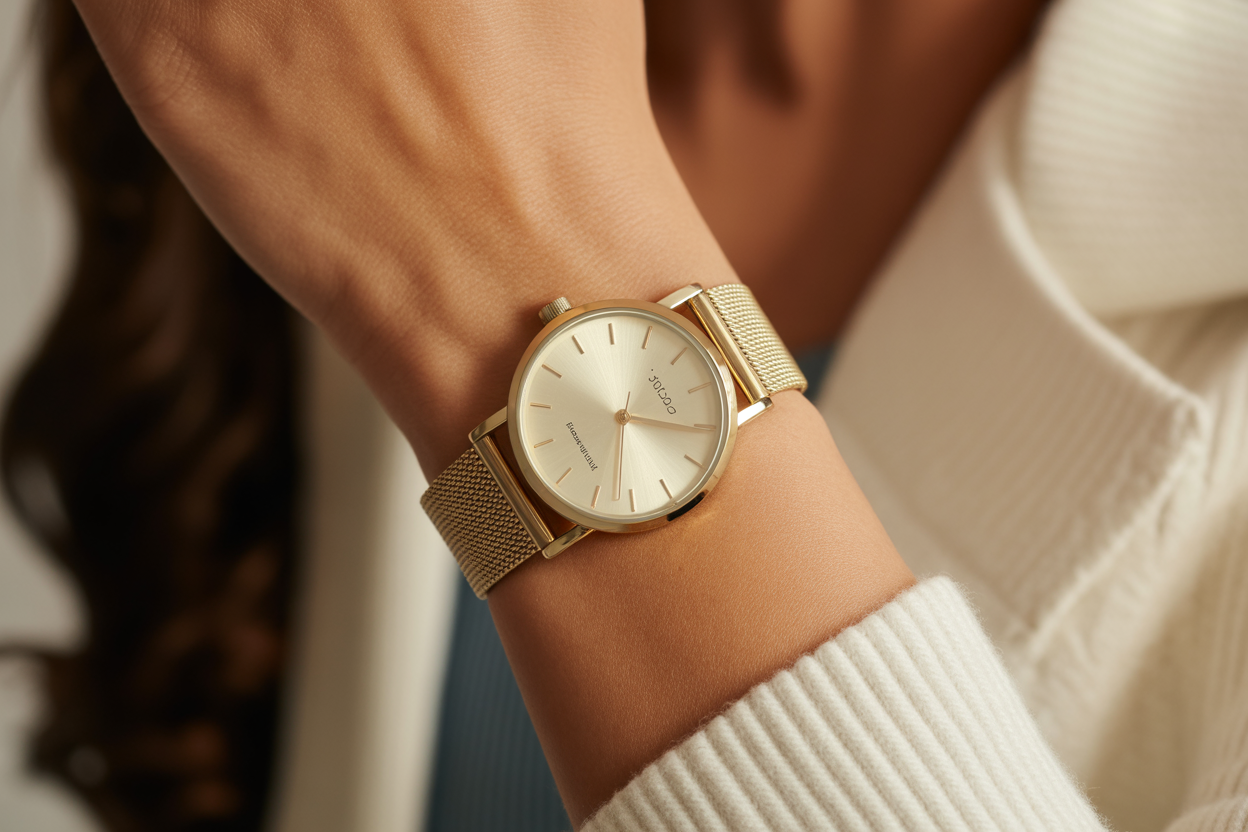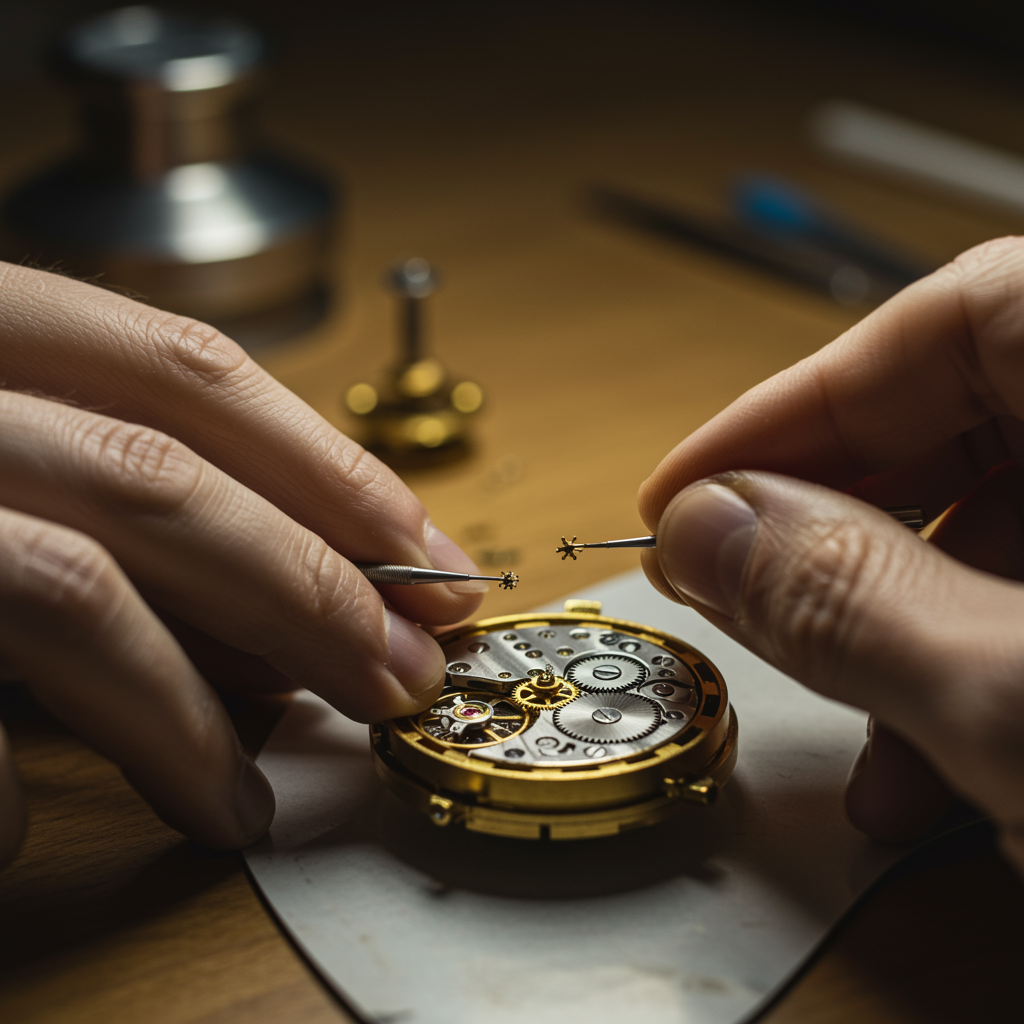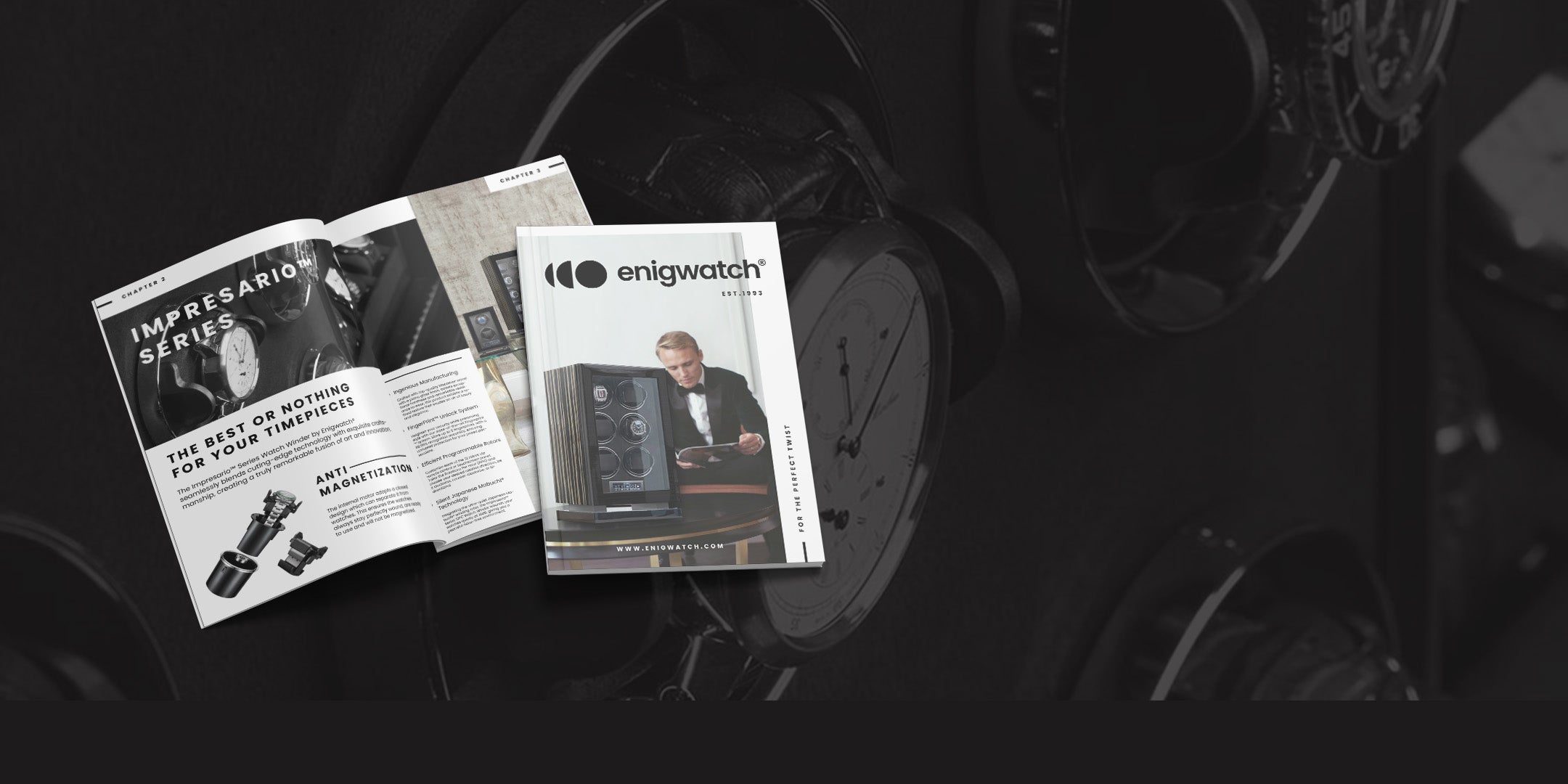Tissot and Rolex stand as titans in the world of luxury timepieces, each brand marking its significance through decades of innovation and unparalleled craftsmanship. Established in 1853, Tissot, the Swiss maestro, has been at the forefront of advancing watch technology, consistently introducing mechanisms that enhance both functionality and style. Whoa, is this a Tissot vs Rolex Situation?
Since 1905, Rolex has become synonymous with the ultimate in sophistication and precision, embodying the height of luxury watchmaking.

In this detailed comparison of Tissot vs Rolex, we explore the rich histories, distinctive designs, groundbreaking technologies, diverse product lines, and pricing strategies of these iconic brands.
Whether you're a seasoned collector or a newcomer to the realm of high-end watches, join us as we delve into what sets these leaders apart in the horological industry.
Design and Craftsmanship
Regarding watches, aesthetics, and refinement are key differentiators between top brands. Tissot and Rolex are two brands known for their exceptional quality and design. Tissot stands apart from other companies because of their innovative approach to design.

You might also like: 5 Best Rolex Watches Under $15000 : Affordable Luxury
The company has built its reputation on its willingness to take risks with novel silhouettes, color palettes, and design elements. Tissot incorporates cutting-edge aspects into their designs, giving them a fresh and contemporary vibe. Whereas Rolex is a brand universally synonymous with style and class.
At this point, Rolex is a name that is practically associated with classic designs. Popular for their high-quality construction and attention to detail, Rolex watches has been on top of the list for decades. Surface finishes and pinpoint accuracy are only two examples of the Rolex craftsmen's attention to detail. Each Rolex watch is an instant status symbol thanks to its iconic designs.

Tissot and Rolex are successful watch brands that appeal to different audiences because of their distinctive designs and features. The watch's aesthetic and level of sophistication some of the aspect of comparison when pinning Tissot with Rolex, head to head. Which type of design appeals to you more: cutting-edge innovation or classic, enduring beauty?
Movements and Technology
Technology and mechanical movements are crucial differentiating factors in the watch industry. Tissot, one of the most well-known watchmakers, is renowned for its cutting-edge designs and exceptional automatic mechanisms.
They've created several impressive mechanisms, such as reliable automatic and chronograph ones. Tissot, which places a premium on cutting-edge technology, constantly develops new ways to improve its watches' functionality.
In the meantime, Rolex has earned a stellar rep for its competence in accuracy and watch mechanisms. Rolex employs movements that are both designed and made in-house, which contributes to the brand's famed level of precision. Every Rolex movement is subjected to a battery of tests to guarantee superior functionality and accuracy.

You might also like: 5 Best Automatic Watch Winders in the USA
Tissot and Rolex differ significantly in terms of movement type and performance. Tissot's diverse selection of movements allows it to serve a broad spectrum of customers, whereas Rolex is universally recognized as the gold standard in accuracy and reliability.
Each user's tastes and requirements should guide their selection of a motion mode. Tissot and Rolex have risen to the top of the watch industry because of their innovative technologies and commitment to quality.
Collections and Price Range
Both Tissot and Rolex are renowned for their high-quality watch collections. Tissot has an extensive selection of reasonably priced high-end items. They sell timepieces in various designs and pricing points, from the relatively inexpensive to the extravagant.
On the other hand, Rolex has a more expensive but more distinguished assortment. The Rolex is nine times as expensive as the Tissot. Classic watches and limited edition lines like the Submariner and Daytona may be found in the Rolex catalog. Depending on the specific model and its rarity, a Rolex can cost anything from few thousand to several hundred thousand dollars.
Both brands are competitive when weighed against price and investment possibilities. Tissot is an excellent choice if you're looking for a high-quality product at a low price, while Rolex is a brand known for its durability and appreciation in value over time.
Watch Winder Recommendations for Tissot and Rolex Watches
Owning a watch from Tissot or Rolex is a statement of unparalleled luxury and sophistication. To ensure these horological masterpieces are maintained in pristine condition, selecting the right watch winder is crucial. A high-quality watch winder not only keeps these exquisite watches running smoothly but also serves as a display of elegance and style.
For those who cherish their million-dollar watches, we recommend three exceptional watch winders that offer the perfect blend of functionality, security, and aesthetic appeal. In the dispute between Tissot vs Rolex, opt for the following:
Impresario Series 12 Watch Winder for Elite Collections

The Impresario Series 12 Watch Winder is an exemplary choice for those who own multiple high-value automatic watches, such as Tissot or Rolex. This winder features silent Japanese Mabuchi rotor technology, ensuring that your watches are wound in a quiet and undisturbed manner, ideal for placement in bedrooms or quiet study rooms. The design of the Impresario Series 12 is both sleek and contemporary, making it a stylish addition to any luxury space.
The winder is equipped with a touchscreen interface, allowing for easy customization of winding settings for each watch, including brightness, turns per day, and rotation direction. The security of your valuable collection is paramount, and the fingerprint-locking system provides peace of mind, ensuring that only you have access to your watches.
Specs:
- Dimensions: L. 20.4 x W. 14.1 x H. 27.9 inch
- Weight: 18.55 kg/40.8 lbs
- Power Supply: 5V3A
You might also like: 3 Best Watch Winders for Rolex Submariner: A Buying Guide
Yachtline Series 16 Watch Winder for Ultimate Luxury

For those with an extensive collection of luxury watches, the Yachtline Series 16 Watch Winder is the epitome of opulence and functionality. Designed to accommodate up to 16 watches, this winder is perfect for collectors of Tissot or Rolex timepieces. Its state-of-the-art winding technology ensures that each watch receives the precise amount of movement it requires.
The Yachtline Series 16's design, inspired by the luxury of yachts, combines wood and leather to create a visually stunning piece. The combination of functionality and aesthetics makes it an essential addition to any luxury watch collection.
Specs:
- Dimensions: L. 9 x W. 17 x H. 20.5 inch
- Weight: 30 lbs/13.6 kg
- Power Supply: 5V2A
Final Thoughts
Comparing and contrasting Rolex vs Tissot reveals some important facts. Now you can tell the difference between manufacturers in terms of price, style, quality, and more. While Rolex is synonymous with high-end timepieces and unique designs, Tissot offers superior watches at more affordable prices.
When not in use, a watch winder might be the ideal way to protect your Tissot or Rolex from damage. For optimal performance and instant wearability, automatic wristwatches require routine maintenance.
Before making a final decision, think about your preferences, way of life, and budget. When making your selection, keep in mind that Tissot and Rolex both offer something unique.

